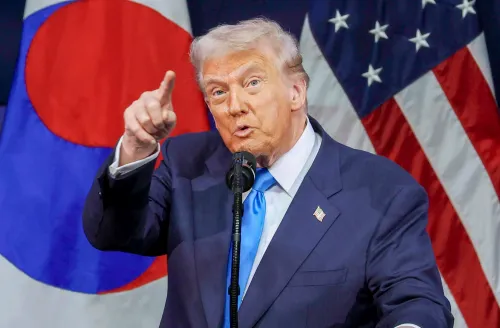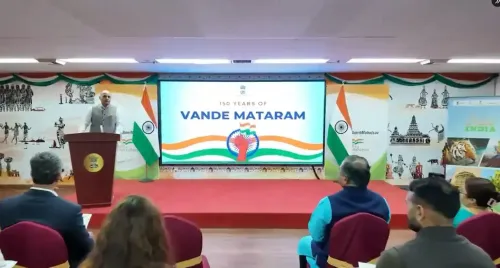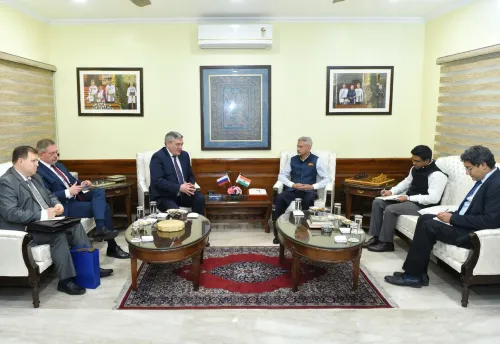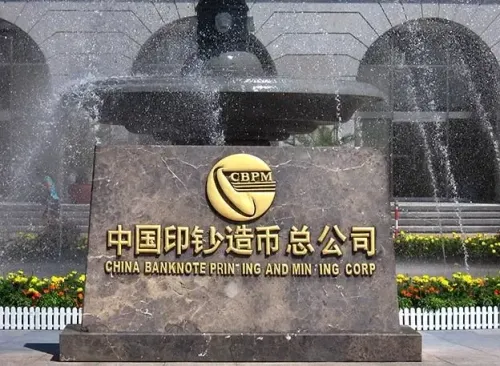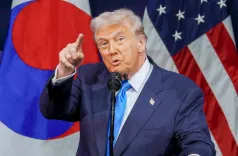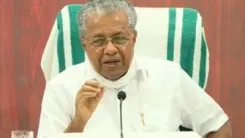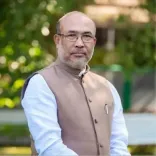Is North Korea in its 'Strongest Strategic Position' in Decades?
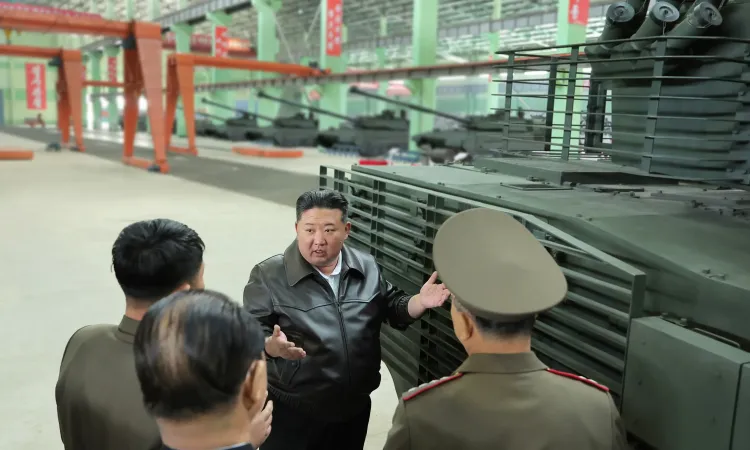
Synopsis
Key Takeaways
- North Korea is in its strongest strategic position in decades.
- Military collaboration with Russia enhances North Korea's capabilities.
- North Korea continues to develop advanced nuclear and ballistic missile technology.
- The nation is likely to conduct further nuclear tests.
- There is a growing alliance among adversaries, including China, Iran, and North Korea.
Washington, May 24 (NationPress) A recent US intelligence assessment reveals that North Korea is currently in its strongest strategic position in decades. The defiant regime has intensified its efforts to develop advanced weaponry capable of threatening US forces and allies in Northeast Asia as well as the US mainland.
The Defense Intelligence Agency (DIA), part of the US Department of Defense, provided this analysis in its '2025 Worldwide Threat Assessment,' which examines various security threats posed by North Korea, China, Russia, Iran, and other state and non-state actors.
This report emerges amidst rising concerns over North Korea's advancing nuclear and ballistic missile capabilities and its military collaboration with Russia, stemming from the comprehensive strategic partnership treaty signed last June.
The DIA noted, “North Korean leader Kim Jong-un appears increasingly assured of his political legitimacy and the security of his regime.”
The report indicated that North Korea now possesses the military capacity to threaten US forces and allies in the region while continuing to enhance its ability to endanger the US homeland.
In exchange for support regarding its conflict in Ukraine, Russia has been increasing its sharing of space, nuclear, and missile technology with North Korea, China, and Iran. This cooperation, the DIA suggests, will lead to advancements in these countries' weapons of mass destruction (WMD) programs over the next three to five years.
The agency highlighted that North Korea continues to illegally acquire items for its missile program that cannot be produced domestically, often collaborating with Chinese and Russian nationals.
Additionally, North Korea is likely to continue selling and proliferating ballistic missile systems and related technology, as evidenced by its recent missile support to Russia for use in Ukraine.
The DIA emphasized that Pyongyang persists in its nuclear weapons program, augmenting its arsenal by producing plutonium and highly enriched uranium, according to reports from Yonhap news agency.
Furthermore, North Korea has reinstated its nuclear test site and is poised to conduct a seventh nuclear test at its discretion.
The agency assessed that Pyongyang likely has a biological warfare program and almost certainly possesses a chemical warfare program capable of producing several types of agents.
North Korea's Special Operations Force (SOF) has been described as “highly trained” and “well equipped,” with the ability to infiltrate South Korea.
The report noted that North Korea's SOF involvement in Russia could provide valuable combat training insights for future operations.
Characterizing North Korea as one of the world's most militarized nations, the agency reported that the country has over 1 million active-duty personnel and more than 7 million reserve and paramilitary members.
On the space front, the agency suggested that North Korea's ballistic missiles and space launch vehicles (SLVs) could serve as a rudimentary anti-satellite platform targeting US and allied satellites in conflict.
Moreover, North Korea has received an offer from Russia to assist in its space program, including SLVs, satellites, and training.
The report also highlighted increasing cooperation among America's adversaries, particularly the collaboration between Moscow and Pyongyang.
It stated, “North Korea is almost certainly receiving military cooperation from Moscow, including SA-22 surface-to-air missile systems and electronic warfare equipment, in exchange for providing soldiers and materials to support Russia's war in Ukraine.”
The DIA predicts that leaders in Beijing, Moscow, Tehran, and Pyongyang will strengthen their alliances to undermine US influence and that of its allies.

